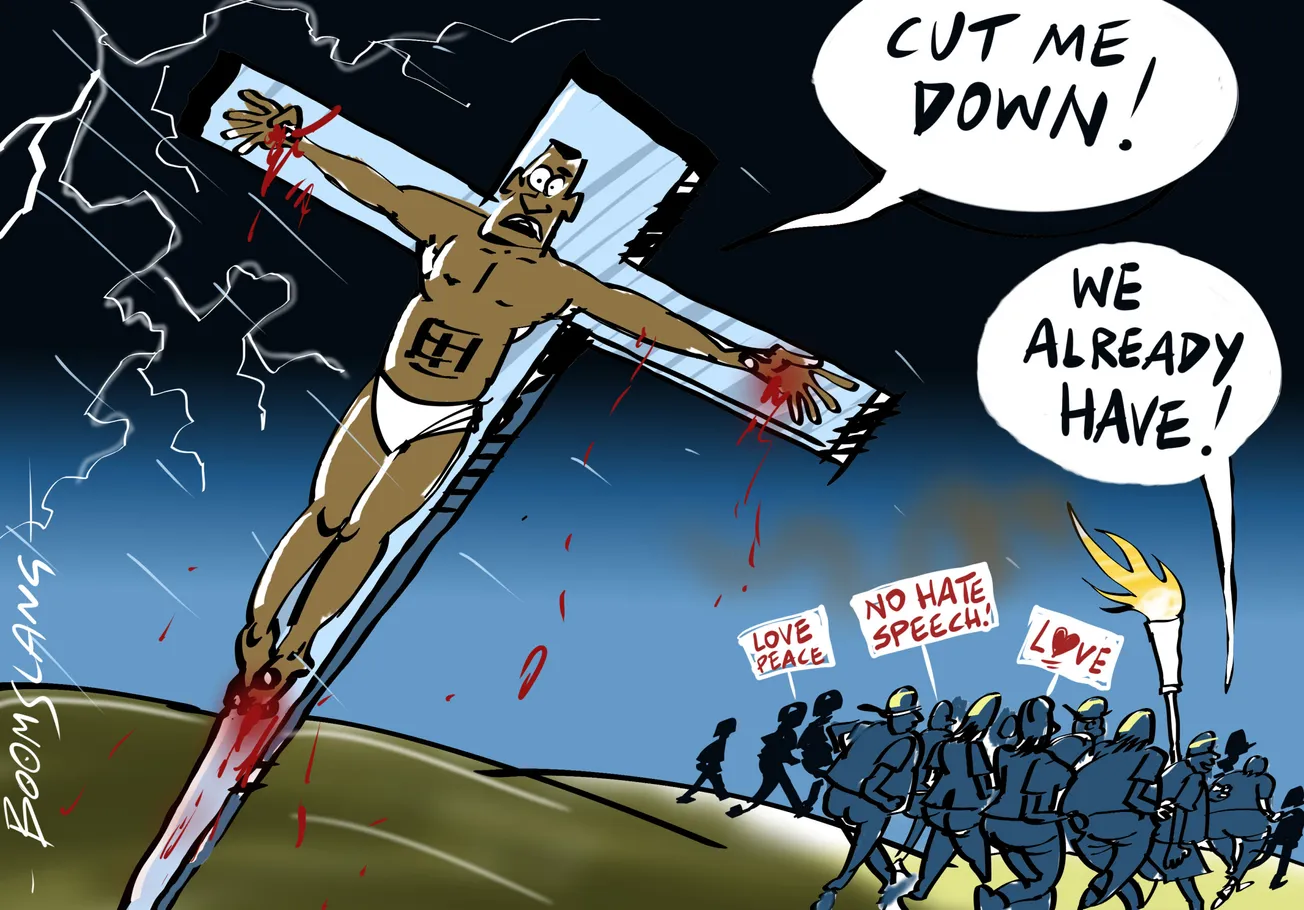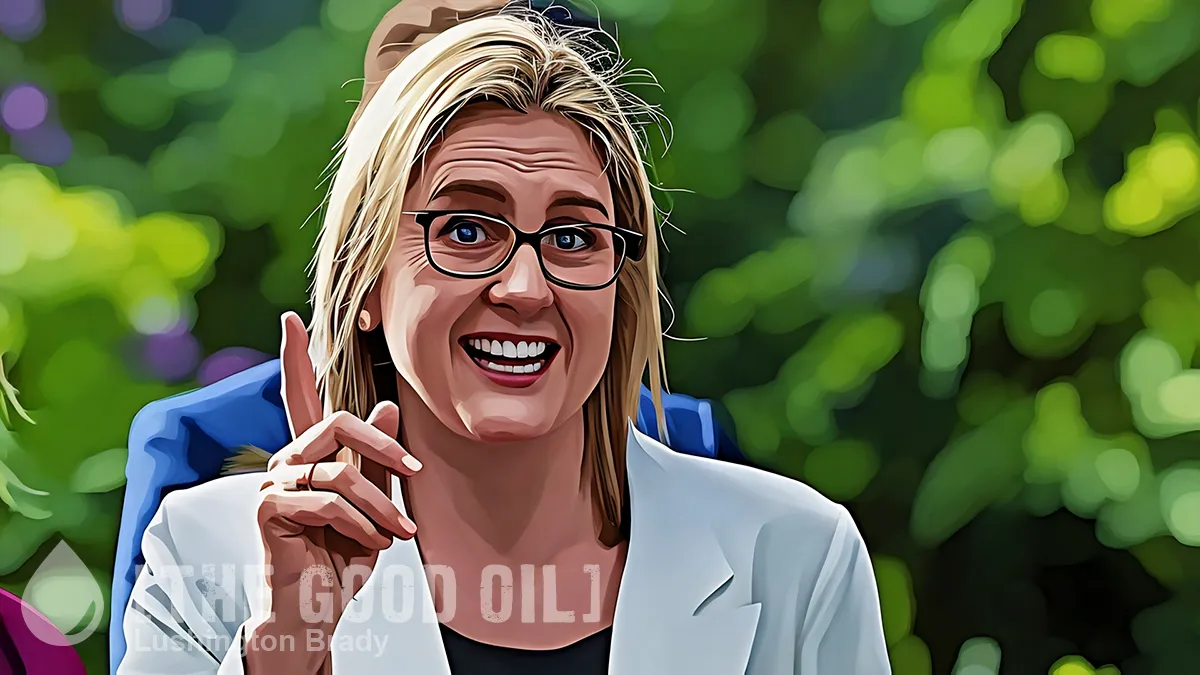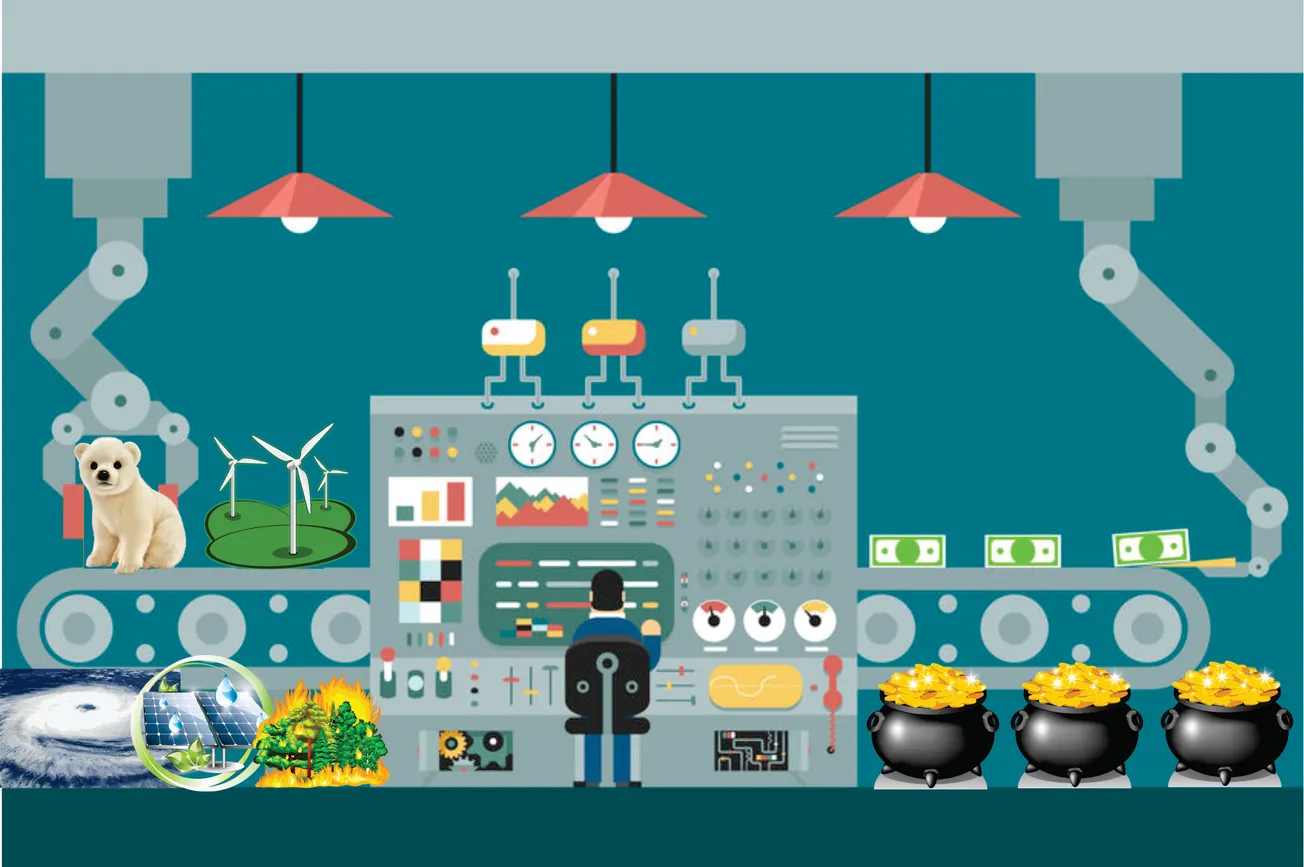Table of Contents
The long-running Israel Folau case was resolved this week (at least in part).
After increasing his claim against his former employers to $14 million, mediation sessions finally saw an out-of-court settlement reached. The details remain confidential.
So, what can we draw from this outcome – and for the future of the freedom debate? Here are a few thoughts:
- We should be glad that Israel Folau was spared the court process. Whatever his chances, the process itself often becomes the punishment.
- Even if Folau persisted with legal action, the outcome was always unknown – and even a finding in his favour was NOT guaranteed to set a legal precedent protecting all Australians.
- Folau’s case has, regardless of the outcome, shone a massive light on the need to protect freedom of religion and belief. Coupled with massive community feedback, the Folau case must surely be weighing on the Federal Government as it considers its religious discrimination legislation.
- AFC played a modest but useful role in this debate.
When news of Israel Folau’s troubles with his employers first broke, AFC supporters swung immediately into action.
Within days, AFC supporters were flooding Raelene Castle and Rugby NSW with emails – eventually totalling around 25,000 emails each!
Numerous media outlets picked up on our campaign and our Director, Damian Wyld, appeared on Channel 10’s The Project.
In the end, the case was resolved through the legal process, mediation, and more than a few prayers – but AFC supporters helped to keep the case in the public spotlight at a crucial time.
We mentioned earlier that the Folau case appeared to be resolved “in part”.
It was also revealed this week that well-known same-sex activist Garry Burns had lodged an anti-discrimination complaint against Israel Folau. The complaint included the demand for an apology and a $100,000 donation by Folau to charity.
It’s incredible that some people still fail to see that our laws need fixing. But we also need to make sure the Federal Government gets any changes right.
We simply can’t have a cure that’s worse than the disease.








